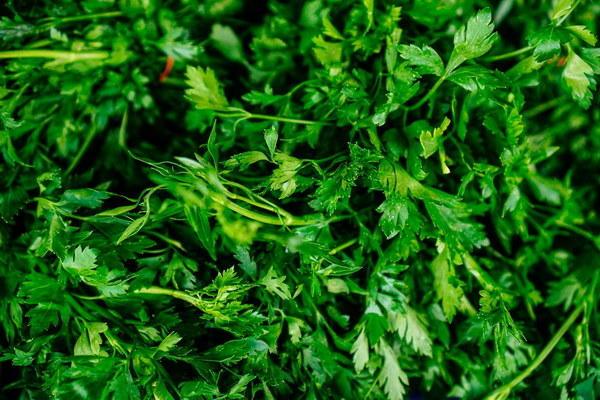Can Taking a Mugwort Bath Really Exterminate Dampness
In traditional Chinese medicine, mugwort (Artemisia argyi) has long been valued for its therapeutic properties. One of the most popular uses of mugwort is to take a bath with it, believed to help expel dampness from the body. But does this practice actually work? Let's explore the benefits and science behind mugwort baths and their effectiveness in eliminating dampness.
Understanding Dampness in Traditional Chinese Medicine
In TCM, dampness is considered one of the seven emotions that can lead to illness. It is a type of internal imbalance that is thought to result from excessive dampness in the body, which can manifest as a range of symptoms such as fatigue, joint pain, and weight gain.
The Role of Mugwort in TCM
Mugwort is a powerful herb in TCM, often used to tonify the body and expel dampness. It is believed to have properties that can:
- Warm the body
- Dispel cold and dampness
- Strengthen the immune system
- Improve circulation
The Mugwort Bath
The mugwort bath is a traditional method of using mugwort to expel dampness from the body. The process involves:
1. Boiling fresh or dried mugwort in water to create a strong herbal infusion.
2. Straining the infusion to remove the herbs.
3. Adding the infused water to a bath and soaking in it for a period of time, usually around 20-30 minutes.
Benefits of a Mugwort Bath
Proponents of mugwort baths claim several benefits, including:
- Improved circulation and blood flow

- Increased energy levels
- Relief from joint pain and stiffness
- Enhanced immune function
- A general feeling of well-being
Scientific Evidence
While the benefits of mugwort baths are well-documented in TCM, there is limited scientific research to support these claims. Some studies suggest that mugwort may have anti-inflammatory and analgesic properties, which could explain its effectiveness in alleviating joint pain and stiffness.
A study published in the Journal of Ethnopharmacology found that mugwort extract had analgesic and anti-inflammatory effects in rats, suggesting potential therapeutic benefits for humans. However, more research is needed to confirm these findings.
Safety Considerations
It's important to note that while mugwort baths are generally considered safe, some individuals may experience adverse reactions. People with certain health conditions, such as epilepsy or hemophilia, should avoid mugwort, as it can interact with medications and increase the risk of bleeding.
Conclusion
While the effectiveness of mugwort baths in eliminating dampness is a topic of debate, many people swear by their benefits. While more scientific research is needed to fully understand the therapeutic properties of mugwort, traditional practices suggest that this herbal bath may offer a safe and effective way to improve overall well-being and alleviate symptoms of dampness.
As with any alternative therapy, it's essential to consult with a healthcare professional before trying a mugwort bath, especially if you have any underlying health conditions or are taking medication. By doing so, you can ensure that you receive the most benefit from this traditional practice while minimizing any potential risks.









